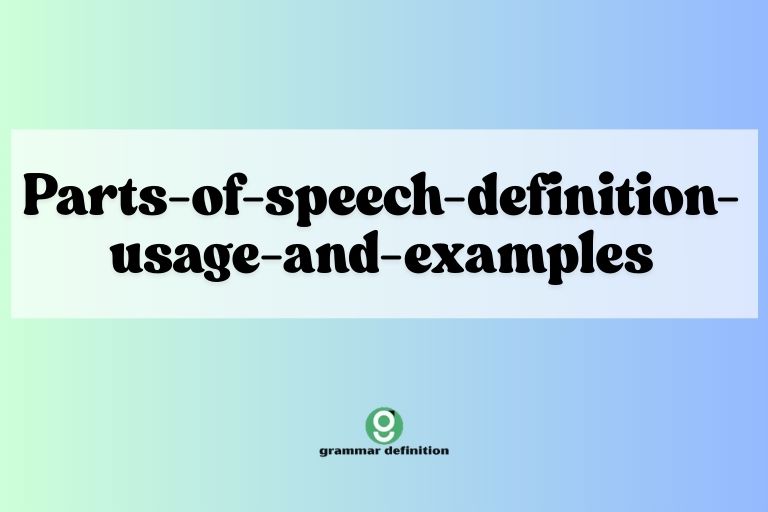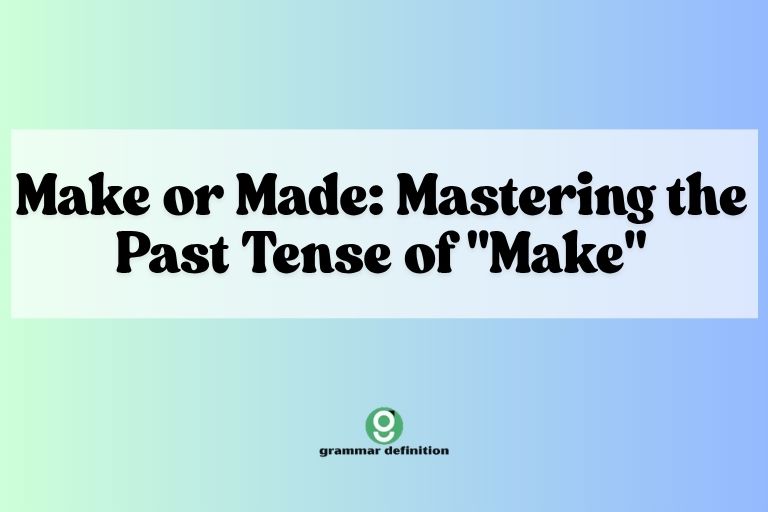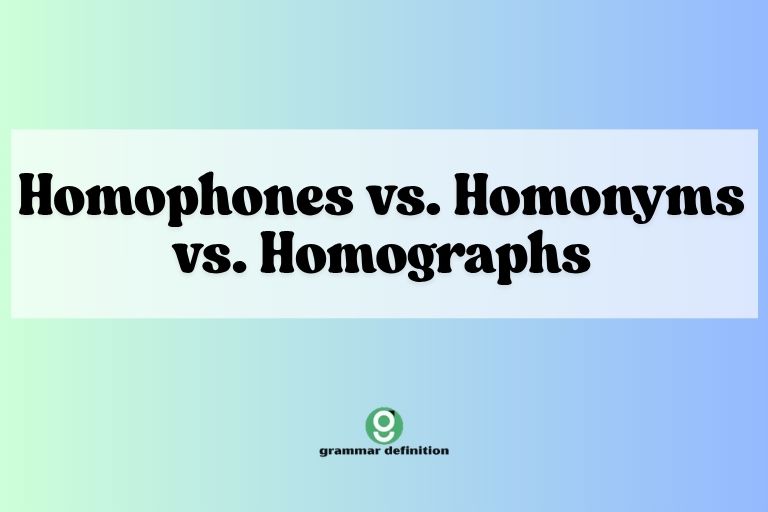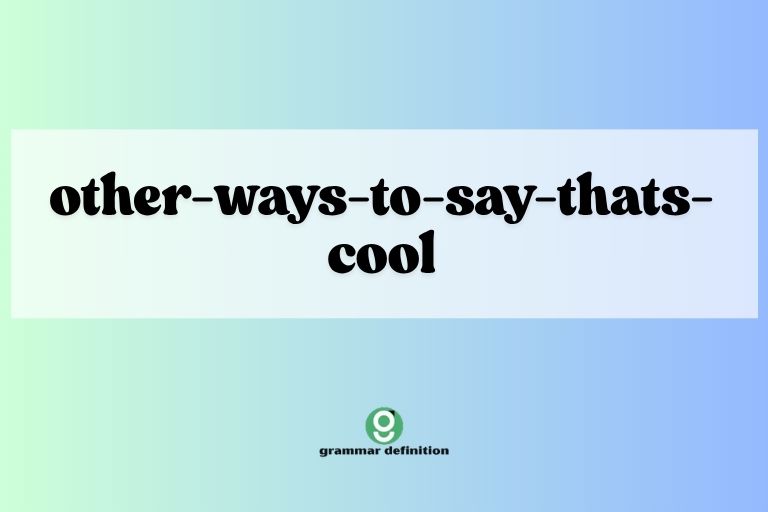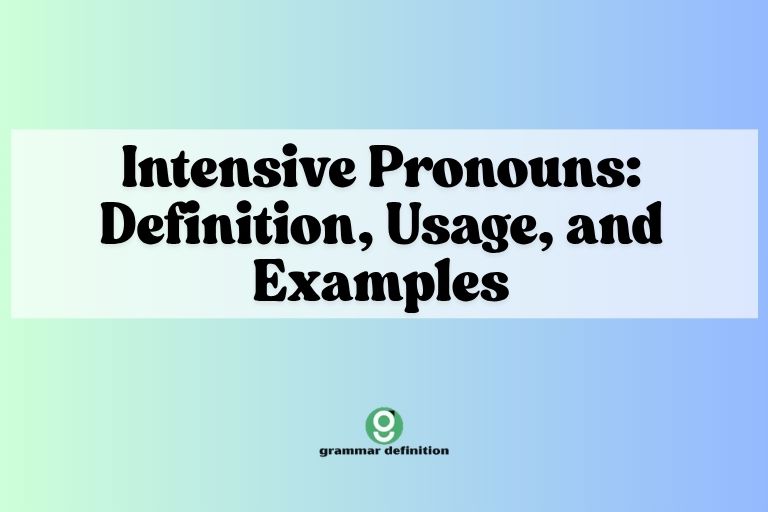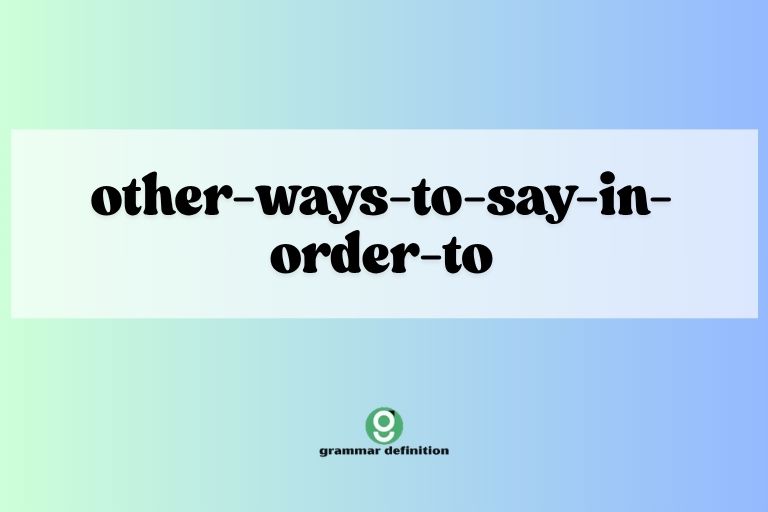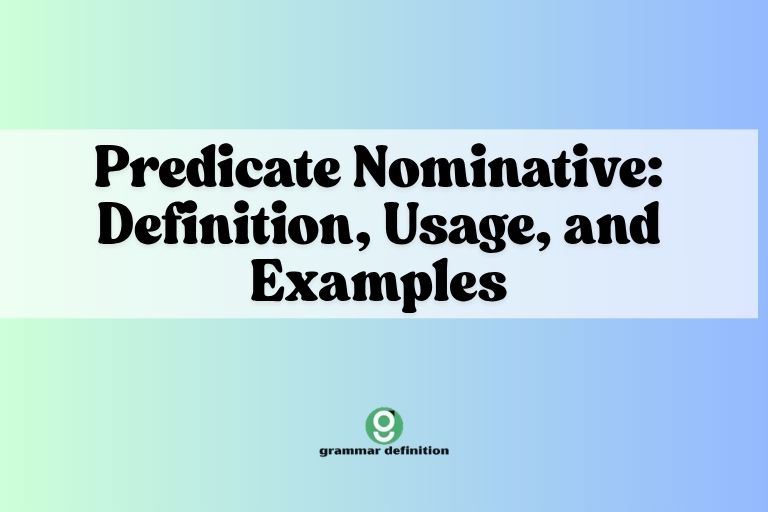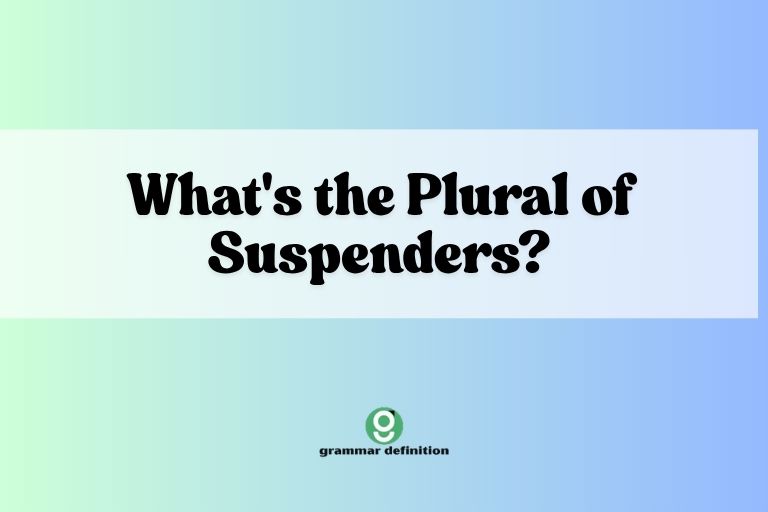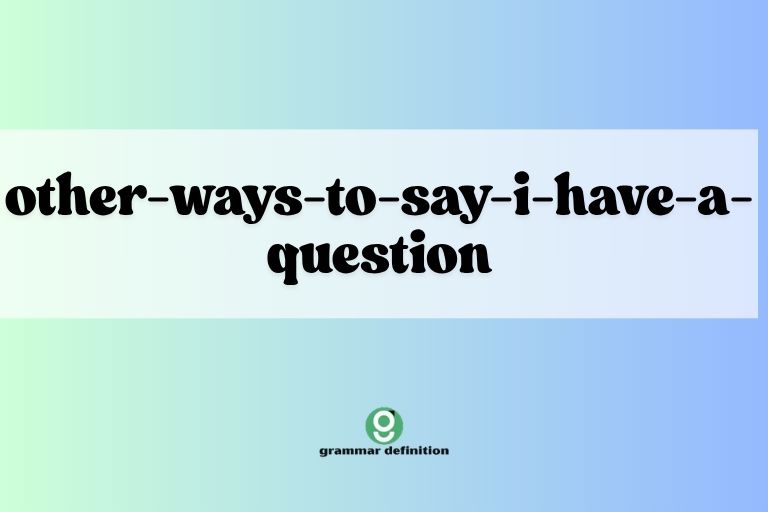Inspiring Figures: Alternative Ways to Express Admiration
Expressing admiration for someone who inspires you is a common and important part of human interaction. However, relying on the same phrases can make your language sound repetitive and less impactful. This article explores a variety of alternative expressions to convey your admiration, enhancing your communication skills and allowing you to articulate your feelings more…


